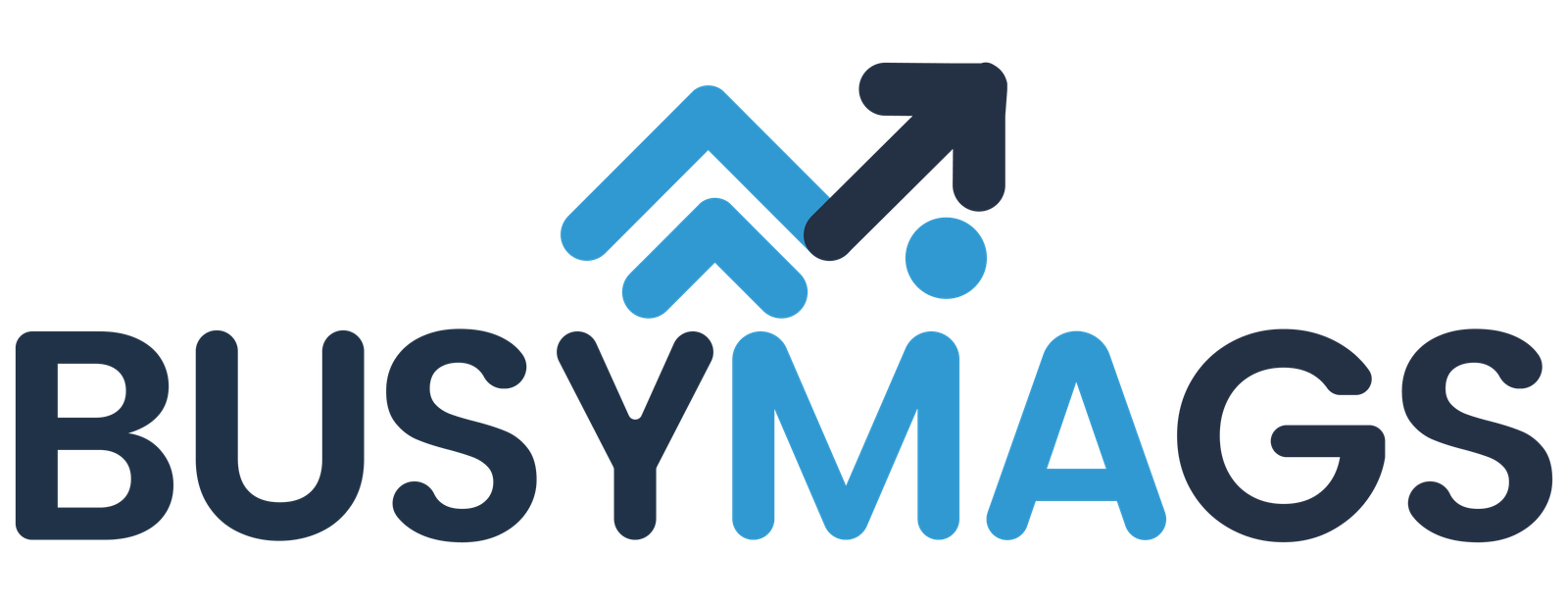Substance abuse among youth has become a pressing concern worldwide. As students spend a significant portion of their time in schools, these institutions play a crucial role in shaping their values and behavior. This raises an important question: Is school an appropriate place to speak about sobriety? In this article, we’ll explore the importance of this topic, its benefits, potential challenges, and strategies for effective implementation in educational settings.
Why the Question Matters: Is School an Appropriate Place to Speak About Sobriety?
Schools are not just centers for academic learning; they are also environments where students develop life skills and navigate complex social dynamics. Sobriety, as a concept, ties closely to making informed, healthy choices—skills that are essential for young people. However, addressing sobriety in schools can spark debates about age-appropriateness, sensitivity, and community acceptance.
Substance abuse is a growing issue among students. Studies reveal that teenagers are particularly vulnerable to peer pressure and experimentation, making early intervention critical. Schools, given their structured environment and access to students, are uniquely positioned to educate and support young individuals in making positive choices.
The Role of Schools in Addressing Sobriety
When discussing sobriety, schools offer a platform that is both accessible and influential. Through health education classes, peer discussions, and extracurricular activities, schools can introduce sobriety as part of a broader narrative about well-being.
- Accessibility: Schools can reach students consistently and provide a safe space to learn and share.
- Curriculum Integration: Health and life skills programs often include topics like addiction, making sobriety discussions a natural fit.
- Positive Peer Influence: Schools can counteract negative peer pressure by fostering a culture of awareness and support.
Benefits of Speaking About Sobriety in Schools
Talking about sobriety in schools offers numerous benefits, including:
- Educational Value: Students gain knowledge about the risks of substance use and the importance of staying sober.
- Building Healthy Habits: Early discussions encourage students to adopt healthier coping mechanisms and make informed decisions.
- Community Impact: Promoting sobriety creates a ripple effect, positively influencing families and communities.
- Early Intervention: Schools can identify at-risk students and provide support before problems escalate.
Addressing the Challenges: Is School Really an Appropriate Place to Speak About Sobriety?
While the benefits are clear, challenges remain:
- Sensitivity to Personal Experiences: Discussions about sobriety must be handled carefully to avoid alienating students who may have personal or family struggles with substance use.
- Parental Concerns: Some parents may feel that sobriety discussions overstep the school’s role. Clear communication with families is essential.
- Age-Appropriate Content: Tailoring the message to different age groups ensures that the discussions are relevant and impactful.
- Cultural and Community Expectations: Schools need to consider the cultural norms and values of their communities when addressing sobriety.
Strategies for Effectively Discussing Sobriety at School
To ensure that sobriety discussions are impactful and respectful, schools can adopt the following strategies:
- Partnering with Professionals: Collaborate with counselors, addiction specialists, and health educators to deliver accurate and engaging content.
- Interactive Workshops: Use activities like role-playing and group discussions to make learning about sobriety more relatable.
- Peer-Led Programs: Empower students to lead sobriety initiatives, creating a sense of ownership and relatability.
- Anonymous Support Systems: Offer private counseling and resources for students struggling with substance use or seeking support.
Real-Life Examples: Schools and Sobriety Programs
Several schools have successfully implemented programs to address sobriety. For example, initiatives like Red Ribbon Week focus on substance abuse prevention through fun, educational activities. Testimonials from students and educators highlight how these programs foster a supportive environment and encourage positive decision-making.
Conclusion
So, is school an appropriate place to speak about sobriety? Absolutely. Schools provide a unique platform to educate, empower, and support students in making healthy choices. By addressing sobriety early, schools can help prevent substance abuse and promote lifelong well-being.
However, these discussions must be approached thoughtfully, considering the sensitivity of the topic and the diverse backgrounds of students and families. With the right strategies, schools can create a culture that values sobriety, resilience, and informed decision-making.
Frequently Asked Questions (FAQs)
Why is school considered an appropriate place to discuss sobriety?
Schools provide a structured environment where students can learn about healthy choices, including the importance of sobriety, during their formative years.
What are the benefits of speaking about sobriety in schools?
Discussing sobriety in schools helps educate students, promote prevention, build peer support, and equip them with tools to resist substance abuse.
How can schools effectively address sobriety?
Schools can implement interactive workshops, partner with addiction specialists, and support peer-led initiatives to foster engaging and impactful discussions.
Are sobriety discussions in schools age-appropriate?
Yes, when tailored to the age group, sobriety discussions can be both relevant and impactful, focusing on prevention and informed decision-making.
What challenges do schools face when discussing sobriety?
Challenges include addressing sensitive personal experiences, parental concerns, and ensuring cultural and age-appropriate messaging.
Recommended Article:
Understanding 727-398-3269 Phone Number: Is It a Scam?
izonemedia360 .com mobile: Access the Untapped Potential of Smartphone Marketing Answers
FauxMoi: A Deep Dive into the Internet’s Favorite Celebrity Gossip Hub






